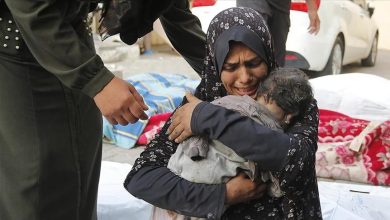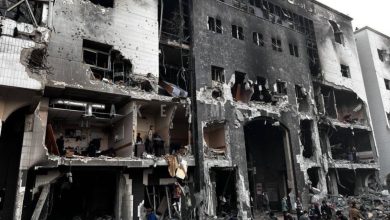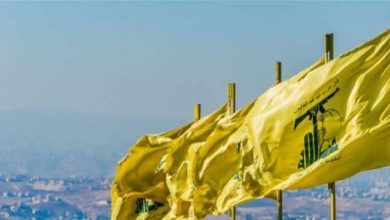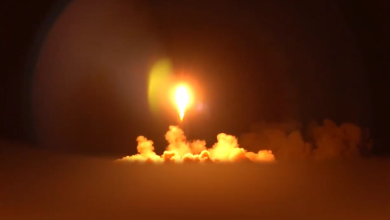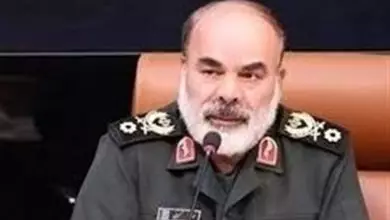Iran Asserts Self-Defense Stance, Refuses Negotiations Under Coercion and Attacks: Deputy FM
Iran's Deputy Foreign Minister, Majid Takht-Ravanchi, stated that the Islamic Republic is in the process of defending itself and will not engage in negotiations while facing threats and bombings.
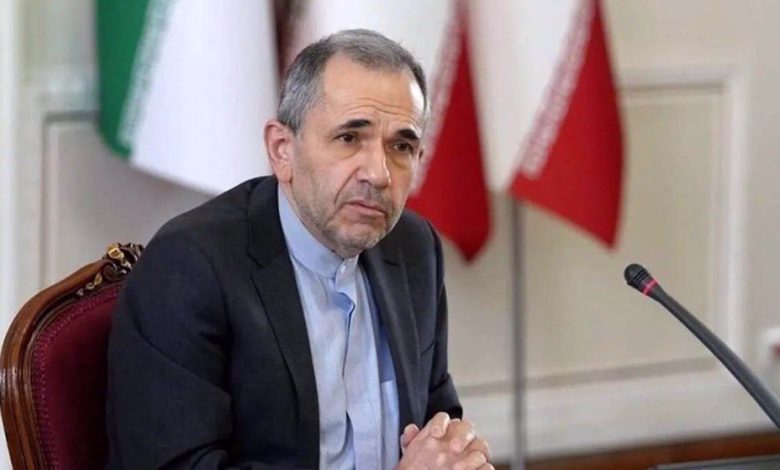
Takht-Ravanchi stated that the Islamic Republic has not initiated any discussions and is presently focused on defending itself against what it describes as reckless and unlawful Israeli actions.
He quickly clarified that Iran has consistently supported diplomatic approaches.
“In light of the ongoing daily threats of bombings facing the people of Iran, engaging in talks is not feasible. We will not plead for anything, as we are in a stance of self-defense.”
Earlier Wednesday, Iran’s mission to the United Nations in New York categorically dismissed the assertion made by Trump, which claimed that Tehran had reached out to the White House for negotiations, labeling it as a “lie.”
The mission has declared that the Islamic Republic of Iran will abstain from engaging in negotiations under duress and will similarly reject any peace agreements imposed through pressure. This stance aligns with a video message shared by the Leader of the Islamic Revolution, Ayatollah Seyyed Ali Khamenei, on Wednesday.
In a televised address, the Iranian Leader declared that the nation is steadfast in its opposition to any imposed war and equally resolute in resisting an imposed peace.
The United Nations mission has conveyed to the White House that the Islamic Republic is poised to counter any threats with equivalent responses, and any actions taken against it will be met with reciprocal measures.
Iran and the United States have participated in indirect nuclear diplomacy facilitated by Oman over the past two months. Discussions have been making progress, although key issues have posed challenges.
In advance of the sixth round of discussions in Muscat, the Israeli government initiated an offensive targeting the Islamic Republic, resulting in the assassination of several high-ranking military officials, nuclear scientists, and civilians, among them women and children.
Rather than denouncing the terrorist act, Trump utilized his social media platforms to express support for Israeli actions, prompting a strong backlash from Iran’s Foreign Ministry.
Iran’s Foreign Minister Abbas Araghchi stated that Trump’s remarks have implicated the United States in supporting Israeli hostilities against Iran, thereby undermining the significance of the ongoing nuclear negotiations.

